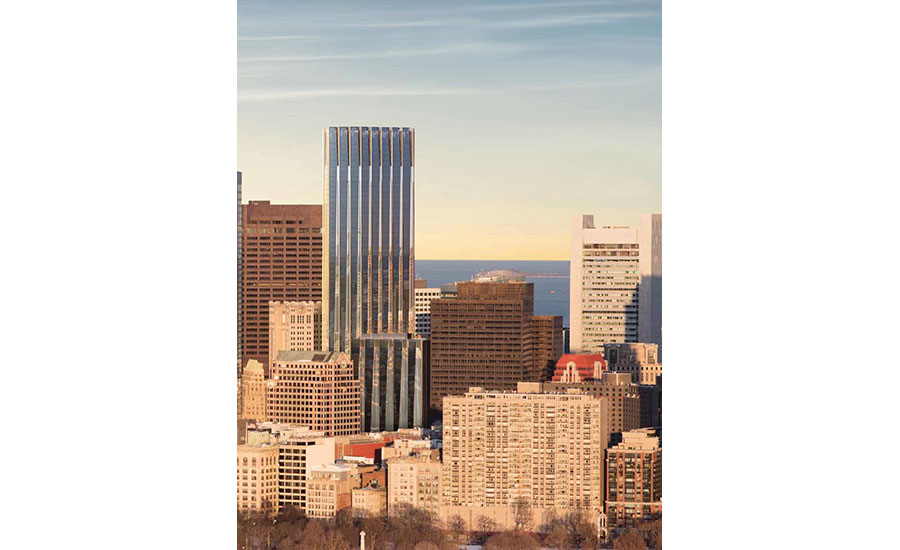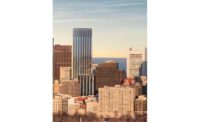A bill to relax a 20-year-old Massachusetts law restricting shadows cast by tall buildings on the Boston Common and the Public Garden was approved by a key State House committee on July 12, according to the committee's co-chair, Sen. Michael O. Moore (D).
"After careful consideration, the Joint Committee on Municipalities and Regional Government has advanced the home rule petition filed on behalf of the City of Boston after having received local approval from the city council and the mayor," Moore said in a statement. "Last month's public hearing provided an opportunity for committee members to hear testimony, and to gain a better understanding about the request for an exemption. The legislation will now move forward to the next step in the legislative process."
The vote on the measure—which would still need to be signed into law by Gov. Charlie Baker (R)—came one day after Secretary of State William Galvin wrote a letter to the committee chairmen saying that the passage of the bill would result in "great damage to historic buildings included on the National and State Registers of Historic Places including the State House, public parks and private residences."
In the letter, Galvin—who oversees the Massachusetts Historic Commission—called for the vote to be delayed. He originally called for a delay during a June 27 hearing on the bill, saying he had not had enough time to review the shadow studies. At that point, the committee agreed to delay the vote.
If passed, the bill would pave the way for a proposed 775-ft-tall skyscraper called Winthrop Square. State and city officials reached a tentative agreement that would allow developer Millennium Partners to build the billion-dollar tower on the site of a defunct city parking garage. The deal would reportedly help fund the 7-acre Rose Fitzgerald Kennedy Greenway, which is near the proposed tower and is on state-owned land created by the Big Dig. The deal, which would require approvals from several oversight boards, would earmark $5 million to maintain the Greenway from the $153 million Millennium Partners is paying for the city-owned parcel.
Joe Larkin, who is leading the project for Millennium Partners, said in a statement that "Winthrop Square is a transformative project for the people and the City of Boston. As such, it is important that all parties be heard and all viewpoints considered. We are encouraged by the recent action of the legislative committee, after extended review, to allow the project to move ahead to the permitting phase."
A spokeswoman for a group called Friends of the Public Garden said the group "has no comment at this time." The group has previously voiced concerns about Millennium's shadow study, saying that the study doesn't account for the shadows of existing buildings.
In his July 11 letter, Galvin wrote, "It is important to note that the shadow study presented by Millennium Partners is incomplete and therefore flawed. The shadow study presented by Millennium Partners only depicts six individual days of the year with a disclaimer that the study is only 'approximate' and that 'further studies will be conducted.' "
After Galvin sent his letter, Brian Golden, who heads the Boston Planning and Development Agency, put out a statement saying that an environmental review process and the city's own review will address Galvin's concerns.
"This bill does not approve the currently proposed project at 115 Winthrop Square, it instead allows the comprehensive review process to move forward and the discussions involving both the benefits and concerns regarding this project to continue," Golden said in his statement. "The proposed legislation simply fixes a complex, outdated law that permits buildings in certain locations from casting minimal shadows on the Boston Common, while allowing others that can potentially cast longer mid-day shadows. By limiting future shadows, this legislation will protect the Boston Common, Boston Public Garden and Copley Square for many generations to come."
Golden went on to say, "We are disappointed that the Secretary of the Commonwealth's office is convoluting the process that will give the City of Boston an opportunity to invest hundreds of millions of dollars into our neighborhoods to improve our parks and public housing."
This story was updated with new information on July 14.




